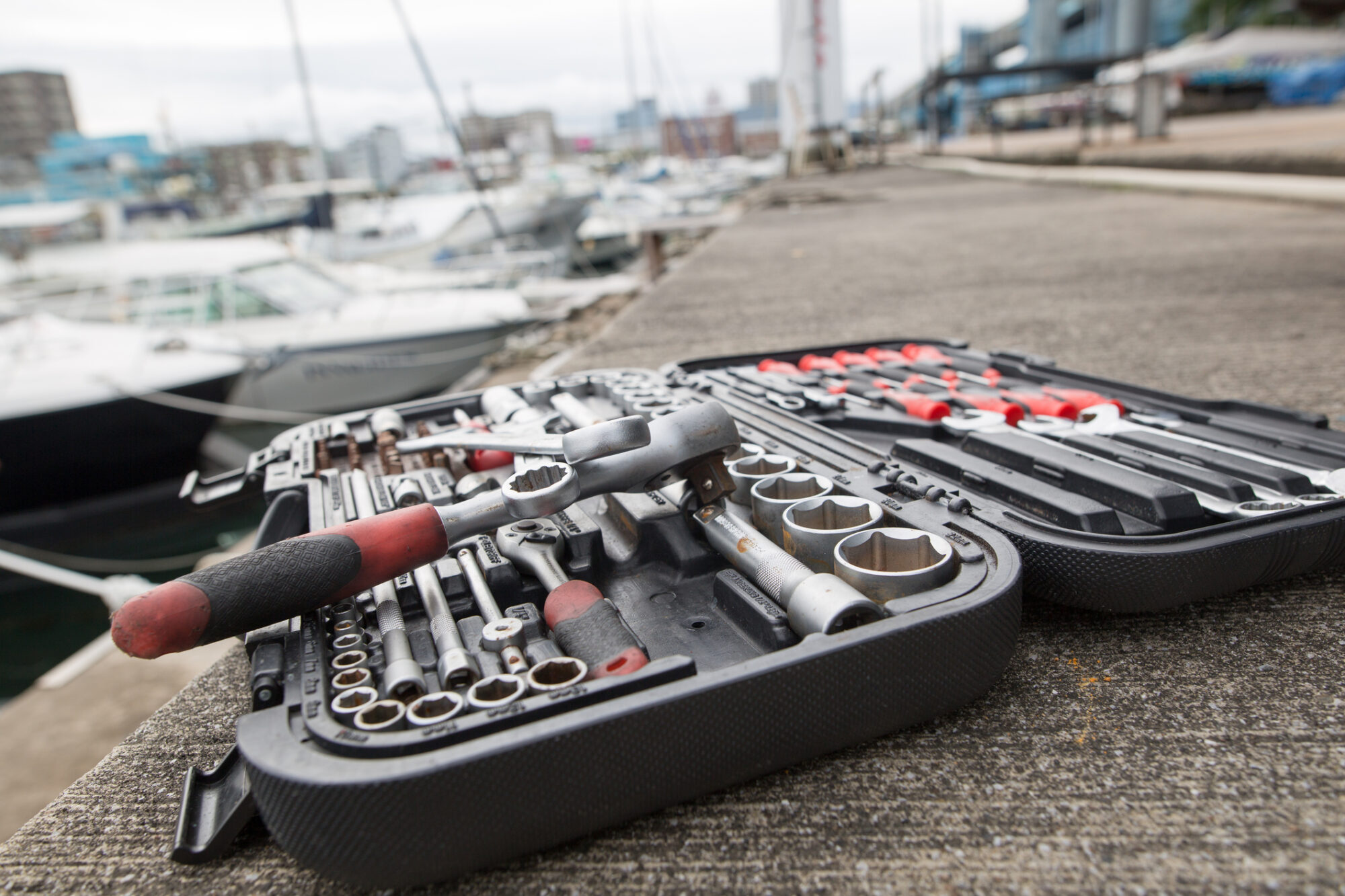Boating offers a unique blend of relaxation and adventure, allowing us to escape the hustle and bustle of daily life and embrace the tranquility of open waters. However, the joy of boating comes with the responsibility of ensuring safety—not just for ourselves but also for our passengers and others sharing the waterways. One of the most critical aspects of boating safety is performing regular maintenance on your vessel.
Why Regular Maintenance Matters
1. Prevents Mechanical Failures
Mechanical issues can arise unexpectedly, turning a pleasant outing into a dangerous situation. Regular maintenance helps identify and fix potential problems like engine malfunctions, steering issues, or electrical failures before they escalate.
2. Ensures Safety Equipment is Functional
Life jackets, fire extinguishers, flares, and other safety gear are only effective if they are in good working condition. Routine checks guarantee that all safety equipment is up-to-date and ready for use in an emergency.
3. Enhances Performance and Fuel Efficiency
A well-maintained boat operates more efficiently, consuming less fuel and reducing the likelihood of breakdowns. This not only saves money but also minimizes the risk of being stranded due to mechanical failure.
4. Extends the Lifespan of Your Boat
Regular upkeep protects your investment by preventing premature wear and tear. Keeping the boat’s components in optimal condition extends its lifespan and maintains its value.
5. Compliance with Legal Requirements
Many regions have regulations requiring boats to meet specific safety standards. Regular maintenance ensures that your vessel complies with these laws, avoiding potential fines or penalties.
Essential Maintenance Practices
Engine and Mechanical Systems
- Oil and Filter Changes: Regularly change the engine oil and filters according to the manufacturer’s recommendations to ensure smooth operation.
- Inspect Belts and Hoses: Look for signs of wear, cracks, or leaks, and replace parts as necessary.
- Battery Care: Keep batteries charged and clean the terminals to prevent electrical issues.
Electrical Systems
- Check Wiring: Inspect all electrical connections for corrosion or damage.
- Test Lights and Signals: Ensure all navigation lights, signals, and horns are functioning correctly.
Hull and Exterior
- Inspect the Hull: Look for cracks, blisters, or other damage that could affect seaworthiness.
- Clean and Protect: Regularly clean the hull and apply appropriate coatings to prevent corrosion and biofouling.
Safety Equipment
- Life Jackets: Verify that all life jackets are in good condition and readily accessible.
- Fire Extinguishers: Check expiration dates and pressure gauges; replace or recharge as needed.
- Emergency Signals: Ensure flares, whistles, and other signaling devices are functional and not expired.
Propulsion and Steering
- Propeller Inspection: Remove any debris and repair damage to blades to maintain efficiency.
- Steering Systems: Lubricate moving parts and check for smooth operation.
Bilge and Pumps
- Clean the Bilge: Remove oil, fuel, and debris to prevent pollution and pump blockages.
- Test Bilge Pumps: Ensure automatic and manual bilge pumps are operational.
Tips for Effective Maintenance
- Follow a Schedule: Create a maintenance calendar based on the manufacturer’s guidelines and stick to it.
- Keep Records: Document all maintenance activities, repairs, and inspections.
- Use Quality Parts and Fluids: Always use manufacturer-approved parts and the correct types of fluids.
- Consult Professionals: When in doubt, seek assistance from certified marine technicians.
The Safety Payoff
By committing to regular maintenance, you’re not just taking care of your boat—you’re actively safeguarding lives. A well-maintained vessel is less likely to encounter problems that could lead to accidents or emergencies on the water. It also ensures that if an unexpected situation arises, your boat’s safety features will function properly to help you navigate it safely.
Boating safety starts long before you leave the dock. Regular maintenance is an essential practice that significantly reduces risks, enhances performance, and ensures compliance with legal standards. By taking the time to care for your boat, you’re investing in countless future adventures that are not only enjoyable but also safe. So, before you set sail next time, remember: a safe voyage begins with a well-maintained boat.
Happy boating, and stay safe!
Site created by Steve Stedman of Stedman Solutions, llc.